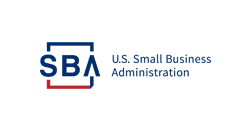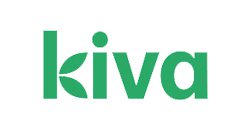Getting a low-interest business loan takes some preparation, but it’s well worth the extra work. You could save thousands of dollars on your financing costs, which you can use to reinvest into your business. Here’s how to go about the process:
1. Check your financials
Most business loan lenders look at the same set of factors when deciding how much to charge you for a loan. The better your qualifications in each category, the higher your odds of securing a low-interest business loan.
- Revenue: Businesses with consistently high sales — especially relative to any other debt payments — generally qualify for the best low-interest business loans.
- Collateral: If you’re using your business loan to purchase equipment, look into getting a secured business loan. These may offer the lowest rates of all since your lender can repossess the collateral to recoup its investment if you don’t repay the loan.
- Documents: Gathering your financial documents can speed up your application. Make copies of your recent personal and business tax returns, bank statements, profit and loss statement, business registration, licenses and any business formation documents.
- Credit score: You’ll need a good personal and business credit score to qualify for the best low-interest business loans. Making on-time payments on a small to moderate amount of debt is the best way to grow a good credit score.
- Business plan: Writing a comprehensive business plan complete with a market analysis helps you identify your funding needs and can help convince a lender of your professionalism.
- Time in business: Lending to newer businesses is risky, so you likely won’t score a low-interest business loan until you’ve been in business for three or more years.
2. Search for a lender
Many different types of lenders offer business financing, each of which may have certain advantages and disadvantages — particularly when it comes to finding a low-interest business loan.
Banks and credit unions: It can be tough to qualify for a business loan from a bank or credit union, although small banks may offer better approval odds. Banks and credit unions that you already bank with may be more likely to approve you for financing, however.
Online lenders: Some lenders operate entirely online and only offer business loans. These can be a quicker and easier option — especially for less-qualified businesses — but financing costs are often much higher.
SBA lenders: SBA loans are offered through certain banks, credit unions and other lenders. These loans can take longer to get, but they tend to offer lower interest rates than a typical business loan.
Nonprofits and local organizations: Although more rare, some nonprofit lenders offer low-interest business loans to minorities who may not qualify for favorable business financing offers from other lenders.









